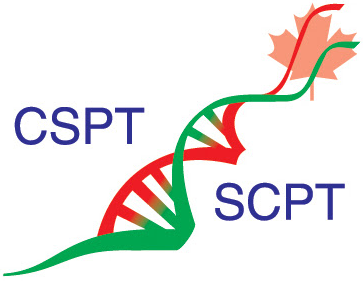About the Field
Pharmacology (from Greek , pharmakon, "poison in classic Greek; drug in modern Greek"; and , "Study of" -logia) is the study of drug actions on biological systems. It embraces knowledge of the sources, chemical properties, biological effects and therapeutic uses of drugs.
 Therapeutics is the treatment and care of a patient for the purpose of both preventing and combating disease or alleviating pain or injury. The term comes from the Greek therapeutikos, which means “inclined to serve.” In a broad sense therapeutics means serving and caring for the patient in a comprehensive manner, preventing disease as well as managing specific problems. More specific measures that are employed to treat specific symptoms include the use of drugs to relieve pain or treat infection, surgery to remove diseased tissue or replace poorly functioning or nonfunctioning organs with fully operating ones, and counseling or psychotherapy to relieve emotional distress. The application of pharmacology is integral to the practice of effective therapeutics.
Therapeutics is the treatment and care of a patient for the purpose of both preventing and combating disease or alleviating pain or injury. The term comes from the Greek therapeutikos, which means “inclined to serve.” In a broad sense therapeutics means serving and caring for the patient in a comprehensive manner, preventing disease as well as managing specific problems. More specific measures that are employed to treat specific symptoms include the use of drugs to relieve pain or treat infection, surgery to remove diseased tissue or replace poorly functioning or nonfunctioning organs with fully operating ones, and counseling or psychotherapy to relieve emotional distress. The application of pharmacology is integral to the practice of effective therapeutics.
 Therapeutics is the treatment and care of a patient for the purpose of both preventing and combating disease or alleviating pain or injury. The term comes from the Greek therapeutikos, which means “inclined to serve.” In a broad sense therapeutics means serving and caring for the patient in a comprehensive manner, preventing disease as well as managing specific problems. More specific measures that are employed to treat specific symptoms include the use of drugs to relieve pain or treat infection, surgery to remove diseased tissue or replace poorly functioning or nonfunctioning organs with fully operating ones, and counseling or psychotherapy to relieve emotional distress. The application of pharmacology is integral to the practice of effective therapeutics.
Therapeutics is the treatment and care of a patient for the purpose of both preventing and combating disease or alleviating pain or injury. The term comes from the Greek therapeutikos, which means “inclined to serve.” In a broad sense therapeutics means serving and caring for the patient in a comprehensive manner, preventing disease as well as managing specific problems. More specific measures that are employed to treat specific symptoms include the use of drugs to relieve pain or treat infection, surgery to remove diseased tissue or replace poorly functioning or nonfunctioning organs with fully operating ones, and counseling or psychotherapy to relieve emotional distress. The application of pharmacology is integral to the practice of effective therapeutics.
Some components of pharmacology include:
- Study of how drugs work at the cellular and molecular level.
- The use of drugs as tools to dissect aspects of cell function.
- Development of new synthetic drugs to improve on existing drugs or to treat new human conditions which will respond to drug treatment. This includes computer assisted molecular modeling of drug structures, leading to the development of better drugs with fewer side effects ("designer drugs").
- Formulation of clinical guidelines for the safe and effective use of drugs.
- Clinical pharmacology, pharmacogenomics, pharmacoepidemiology, pharmacovigilance
- Promotion of rational use of drugs
Do not confuse pharmacology with pharmacy. They are separate disciplines! Pharmacy is the profession responsible for the preparation, dispensing, and appropriate use of medication, and provides services to achieve optimal therapeutic outcomes. Pharmacology is a research discipline that is focused on defining the mechanisms of action of drugs and the biological systems upon which they act and on the other hand, clinical pharmacology focuses on the interaction of drugs and humans and on rational use of drugs. Indeed, pharmacy and pharmacology are complementary disciplines
